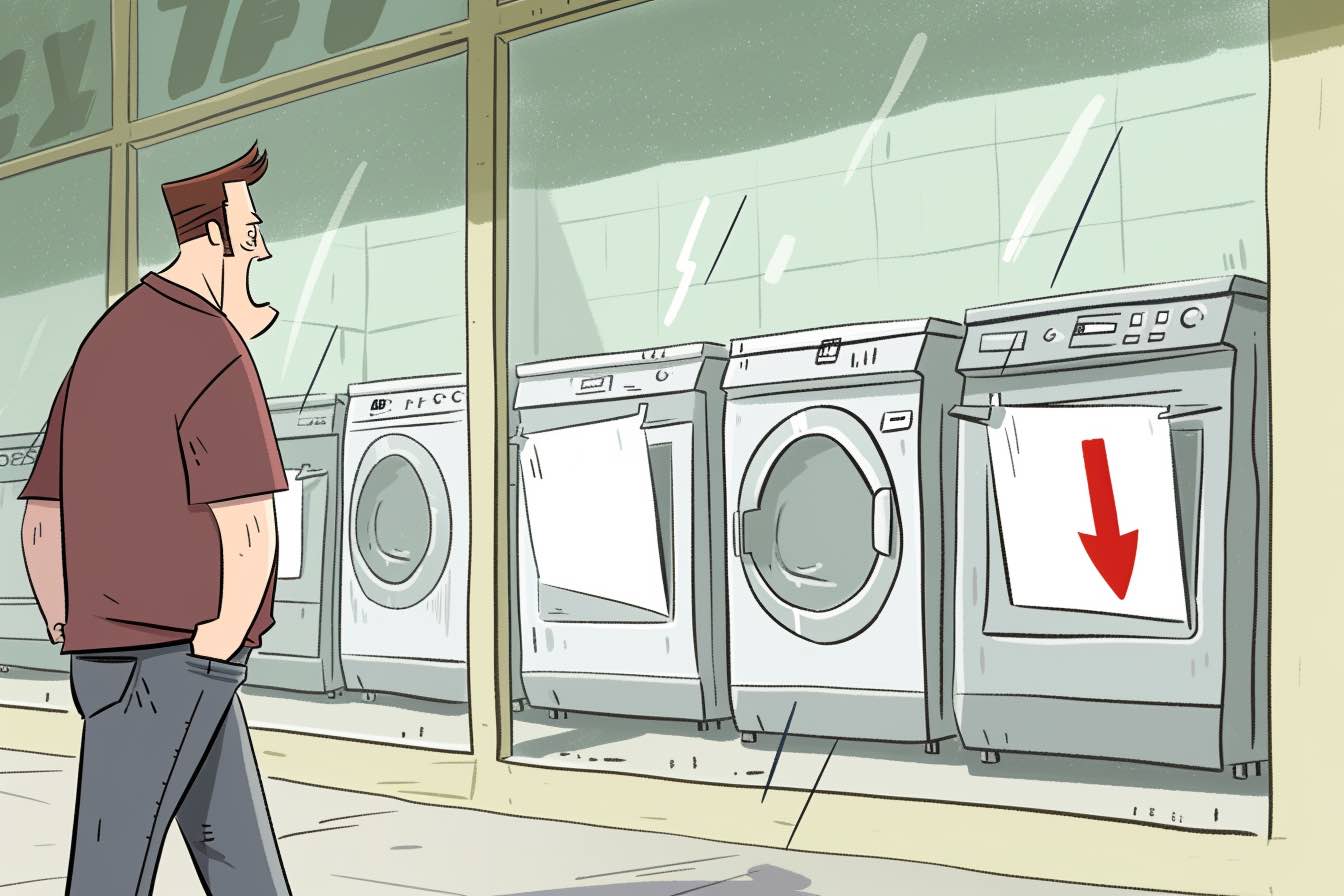Peter Bowers has a problem with his Best Buy credits, and there’s no point calling the Geek Squad. Is this voucher case fixable?
Question
I recently applied for a Best Buy Citicorp credit card. I bought two mobile phones and received three store credits for $200 each.
I came back to Best Buy and used the store credits to purchase a computer. A few days later I paid off the credit card and closed the credit card.
Several months later, Best Buy contacted me, claiming I owed $200. I disputed this since I had fully paid off the credit card.
Best Buy says I should have received only two store credits, not three. I explained that I didn’t ask for anything — I just took what they gave me. And they didn’t complain at all when I was buying the computer; they accepted my three store credits as a legitimate part of my payment method.
If they had said something at the time of the first or second purchase, then we could have easily resolved it. By the time they informed me, the merchandise was over six months old and nonreturnable.
I have explained this to two representatives on the phone. In both cases, they examined the transactions in great detail and agreed that Best Buy should dispute the transaction. However, in the first case, I later got a letter simply saying that they had rejected the dispute and in the second case apparently the representative never initiated the dispute on my behalf despite telling me that he would.
I don’t want to have to pay anything further. Can you help? — Peter Bowers, Ashland, Va.
Answer
Best Buy should have caught this error six months ago when you made your initial purchases. It’s too late now. A deal’s a deal.
I tried to find the terms of your credit card transaction on the Best Buy site, but I just ended up hopelessly confused. It appears you received points for your initial cell phone purchase and then redeemed them. Best Buy awarded you too many points and then tried to collect the cash value from you months later.
I agree with your analysis to a point. If you received Best Buy credits and believed they were for the correct amount, then you’re off the hook. The terms of your credit card are complicated, so I can understand if you thought this was the right deal.
If, however, you knew Best Buy had overcompensated you by issuing an extra gift certificate, and you said nothing, then you are not off the hook. It’s like getting incorrect change at the grocery store. You should have said something. (Related: How to buy clothes without getting ripped off.)
Here’s what concerns me. If you opened a card and then closed it shortly after the transaction, then you’re probably a sophisticated credit card user — some would call this kind of maneuver hacking — and you knew exactly what you should, and shouldn’t, get from Best Buy.
What really happened with your Best Buy credits. (Here’s how to fix your own consumer problems.)
I sent your case to the forums, where our advocates began dissecting it.
You clarified that your Best Buy advertised a $200 per phone credit.
“So the third credit was in error,” you admitted. “But when they gave it to me I pointed that out verbally and showed them that they had already given me two cards. There followed an extended conversation behind the counter and much gesticulating and muttering and clicking of keys. In the end, the person told me that there must be some computer error and that I should ‘enjoy’!”
And enjoy the Best Buy credits you did.
“But the fact that they allowed me to complete the purchase of the computer, accepted the full $600 as a valid payment method, and didn’t communicate for six months down the line leaves me in the lurch,” you explained. “I no longer have any choice related to whether or not to buy a computer — I have bought the computer.”
Credit cards are not a game
Your Best Buy store credits case is an important reminder that credit cards are not a game. Opening and closing an account to take advantage of a deal can get you into trouble. I realize some may disagree with this, but I believe credit cards, particularly the highly addictive points-earning kind, should only be used as intended.
And if you ask incredulously, “But Chris, how am I intended to use them?” then you are being obtuse, and you’re probably part of the problem.
Still, my advocates and I side with you on this one. You made a good-faith effort to fix the problem, but Best Buy turned you down. Coming back to you half a year later for the missing $200 is absurd.
My advocacy team reports that Best Buy backed down and closed your case.



